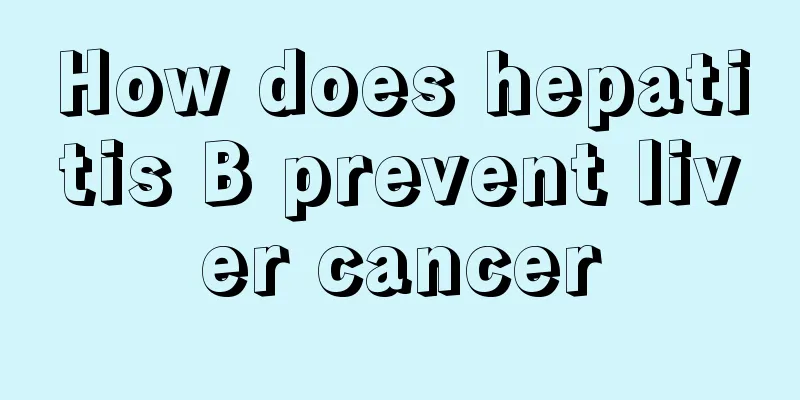How to distinguish glioma

|
In recent years, the emergence of glioma has caused our patients to become particularly emotionally unstable. Some people have even suffered great physical and mental trauma due to glioma. Some patients do not understand the disease and do not pay attention to it, which leads to the disease becoming more and more serious and threatens their lives. So, in view of this phenomenon, how can we distinguish glioma? The course of glioma varies depending on its pathological type and location. The time from the onset of symptoms to the time of medical treatment is generally weeks to months, and in some cases it can take several years. The history of highly malignant tumors and posterior cranial fossa tumors is usually shorter, while the history of more benign tumors or tumors located in the so-called quiet area is usually longer. If the tumor has bleeding or cyst formation, the progression of symptoms can be accelerated, and some can even resemble the development of cerebrovascular disease. There are two main symptoms of glioma. One is increased intracranial pressure and other general symptoms, such as headache, vomiting, vision loss, diplopia, epileptic seizures and mental symptoms. The other is local symptoms caused by compression, infiltration and destruction of brain tissue by tumor, resulting in neurological dysfunction. Headaches are mostly caused by increased intracranial pressure. As the tumor grows, the intracranial pressure gradually increases, compressing and pulling on pain-sensitive structures in the brain such as blood vessels, dura mater and certain cranial nerves, causing headaches. Most of the headaches are throbbing and distending pains, mostly in the frontal, temporal or occipital regions. For superficial tumors in one cerebral hemisphere, the headache may be mainly on the affected side. The headache is intermittent at first, mostly occurring in the early morning. As the tumor develops, the headache gradually worsens and lasts longer. Vomiting is caused by stimulation of the vomiting center in the medulla oblongata or the vagus nerve. There may be no nausea at first and it is projectile. In children, the headache may not be obvious due to cranial suture separation, and because posterior cranial fossa tumors are more common, vomiting is more prominent. Increased intracranial pressure can cause papilledema, which in turn can lead to secondary atrophy of the optic nerve and decreased vision. Tumors compressing the optic nerve can cause primary optic atrophy, which also leads to decreased vision. The abducens nerve is easily compressed and pulled, often causing paralysis and diplopia. |
<<: Four principles of advanced care for glioma patients
>>: How much does glioma surgery cost approximately
Recommend
What is the TCM diagnosis of pancreatic cancer
Pancreatic cancer has become a major killer of mo...
Serum magnesium is high
In order to let everyone know more about their ow...
What diseases can bladder cancer be easily confused with?
Bladder stones: a. Symptoms of bladder irritation...
Preparation before diagnosis of gallbladder cancer
Before undergoing gallbladder cancer resection, p...
What are the symptoms and causes of gonorrhea during pregnancy
Pregnancy complicated by gonorrhea can occur at a...
How to use rosemary essential oil
Rosemary essential oil may be consumed by few peo...
Kiwi dragon fruit
Kiwi fruit has hair on the outside, but the flesh...
The most hurtful words when couples quarrel, don’t say these words anymore
When a couple quarrels, they will inevitably say ...
How to choose underwear that can improve sexual performance
With the improvement of living standards, we have...
Adolescent's heart suddenly stabbed
Teenagers are generally healthier both physically...
What do you know about the prognosis of ovarian cancer
If ovarian cancer is treated in different ways, t...
Is it bad to sleep with your head facing west?
The direction of sleeping is actually quite impor...
What is the correct way to educate children?
In order to educate their children, parents will ...
What are the side effects of interventional treatment for liver cancer and how to deal with them?
Some people will use interventional therapy to tr...
How to exercise foot muscles
We all know that feet are a part of the body that...









